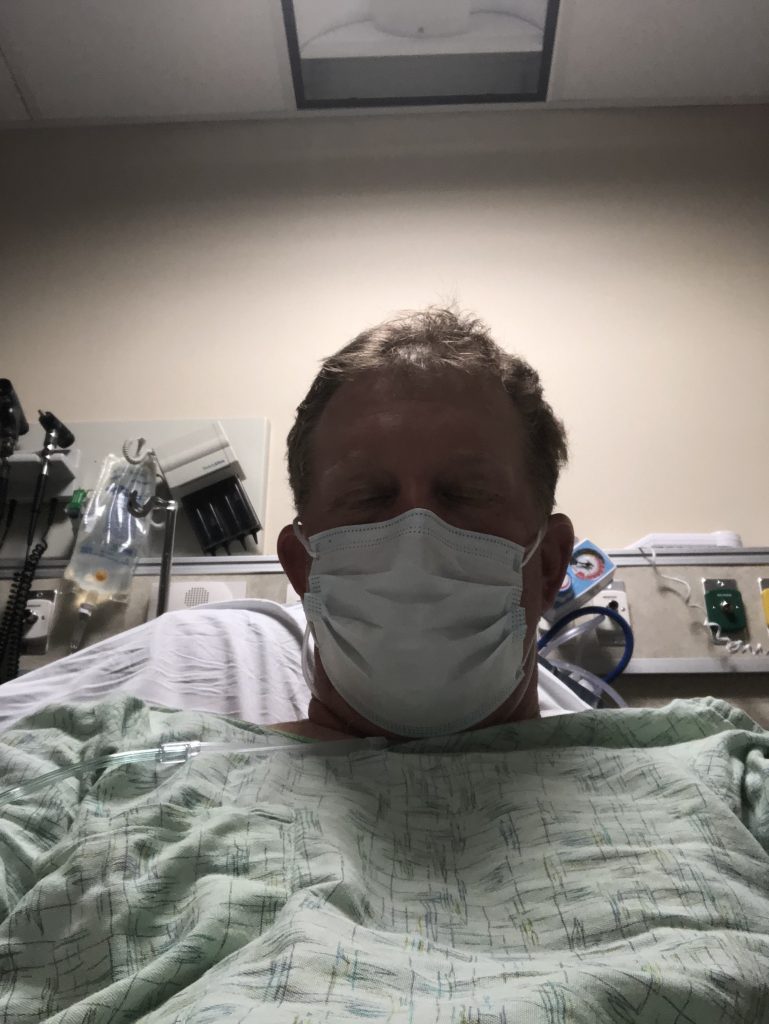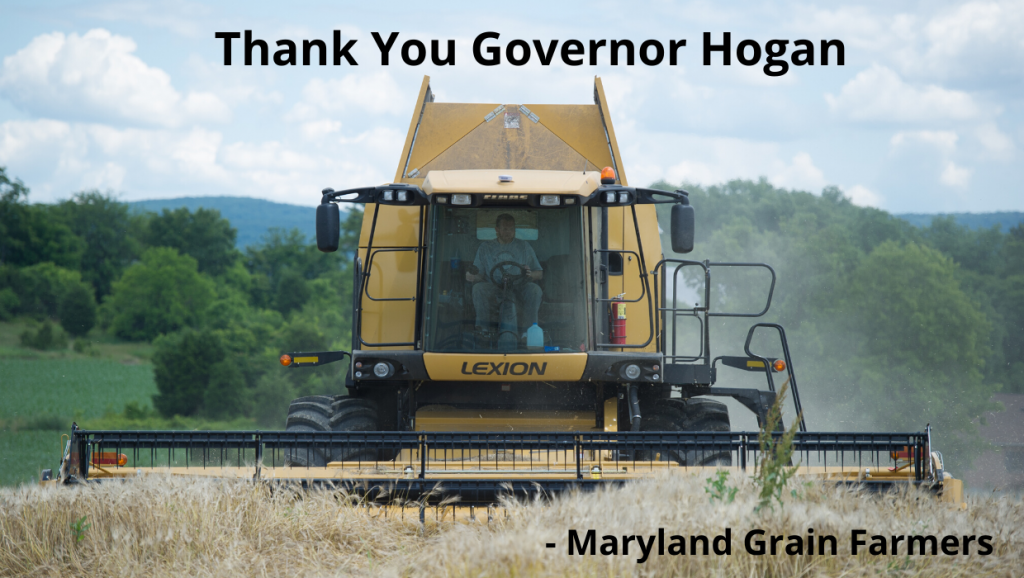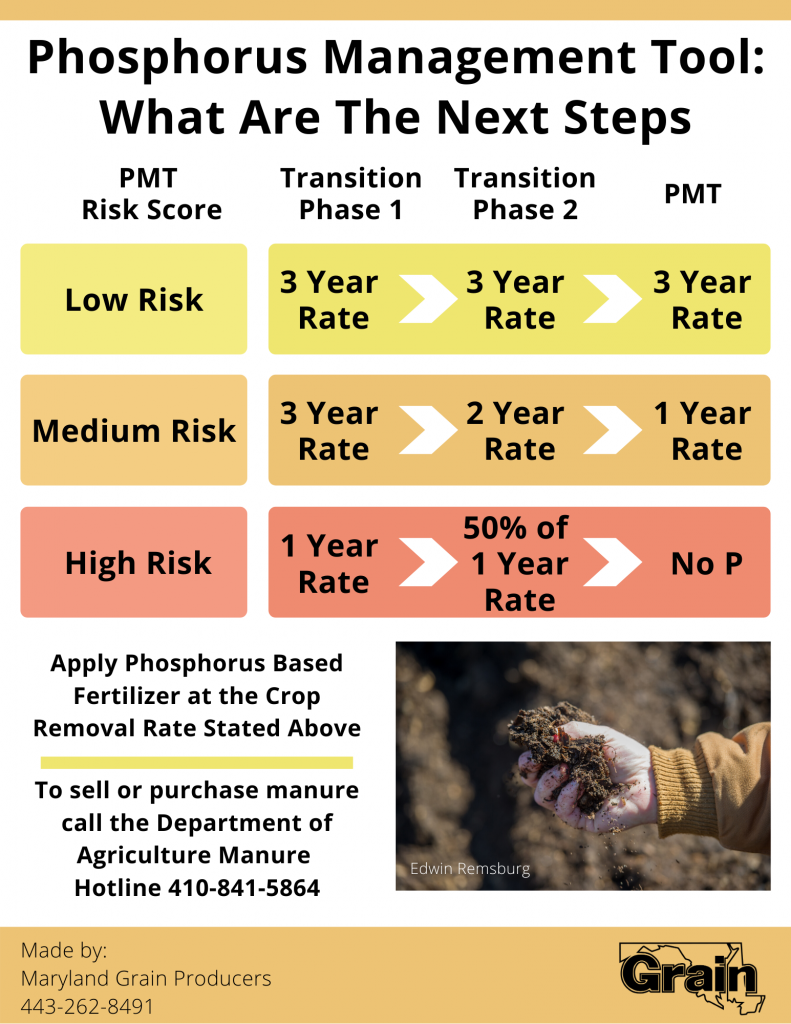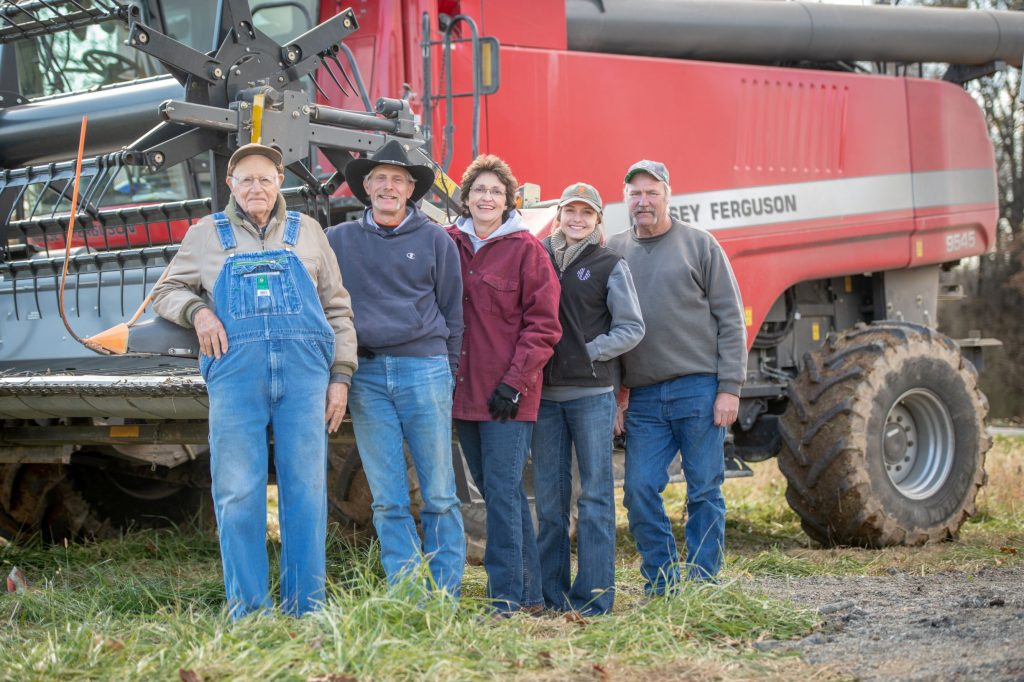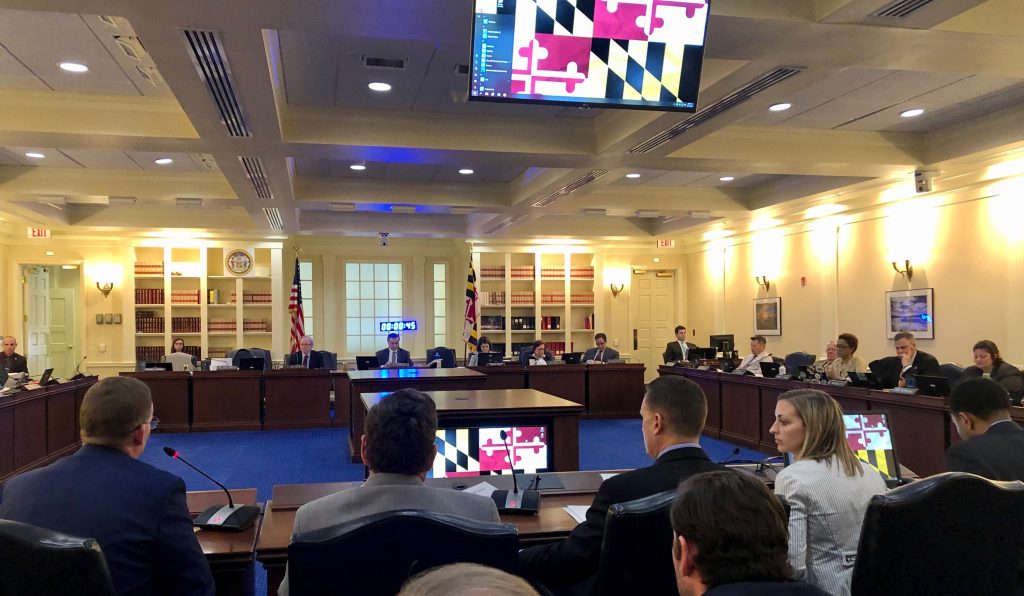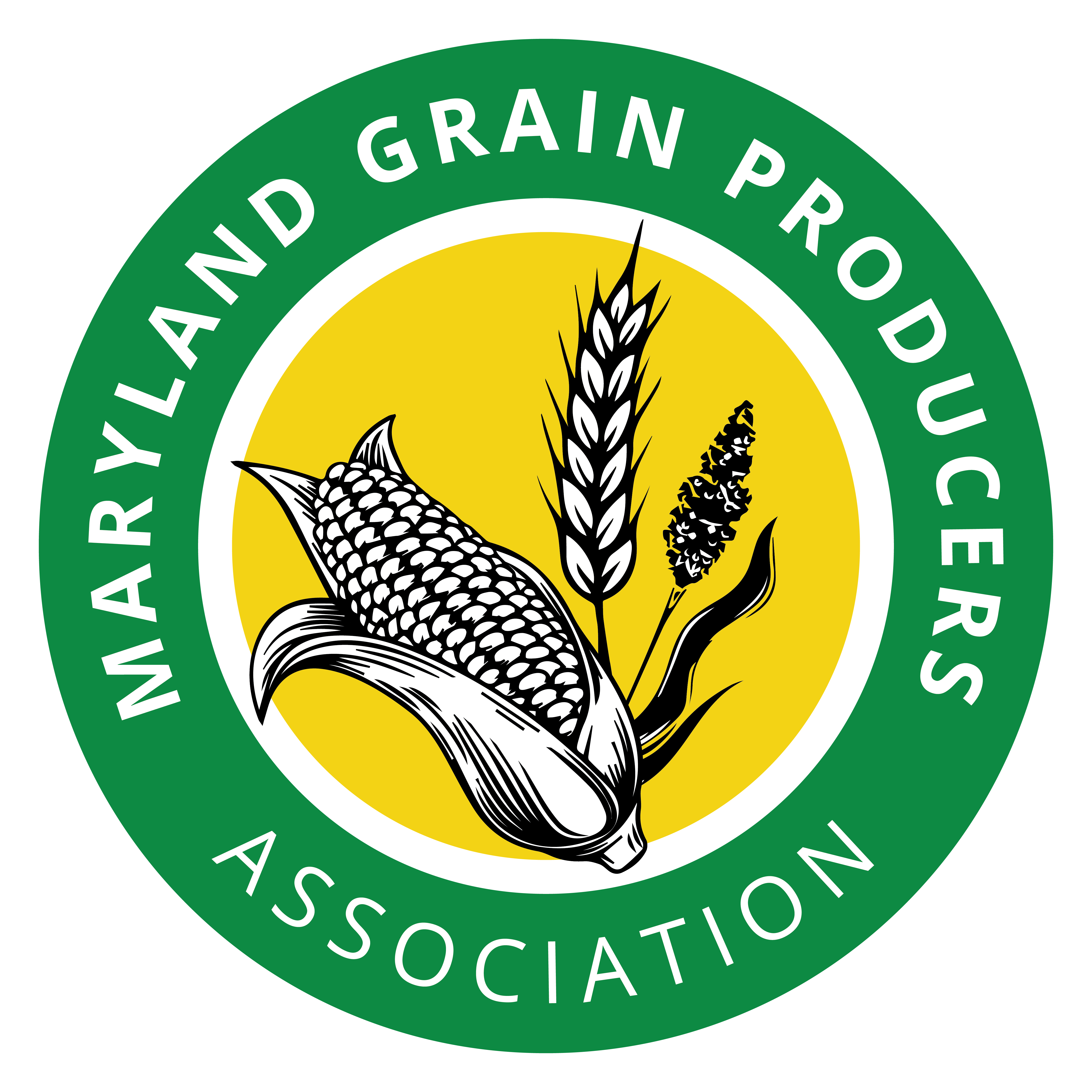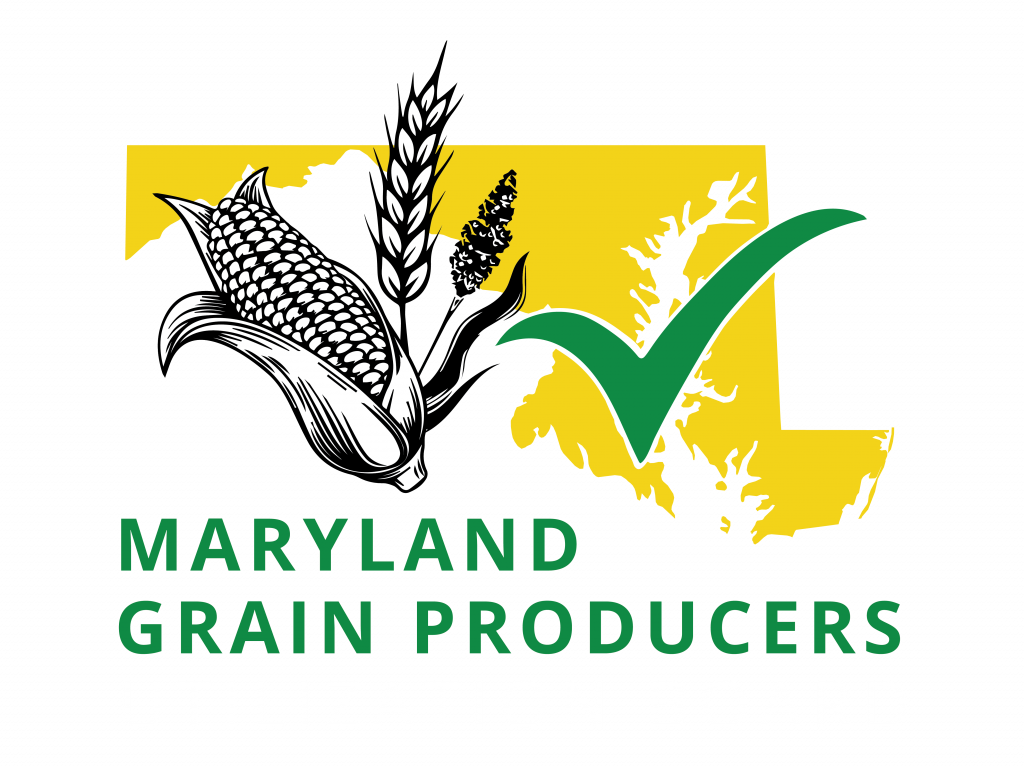The Delmarva Poultry Industry partnered with Jenell Eck of Maryland Grain Producers to tell this story of how #chickensteppedup.
Commerce on much of the Delmarva Peninsula shut down due to the coronavirus pandemic this March. Yet farmers kept working as the busiest time of their year drew closer. Grain farmers continued to prepare the fields for spring planting and poultry farmers continued to raise broilers as cookout season loomed.
As the pandemic’s effects hit store shelves, consumers began to be concerned about where their food was coming from and whether it would still be supplied. Reassuringly, family farmers here on Delmarva grow the grain that feeds our family-raised broilers, which are processed at 10 plants in Delaware, Maryland’s Eastern Shore, and the Eastern Shore of Virginia. Those plans represent more than 20,000 jobs for our area, and the same birds fed Delmarva-raised grain on Delmarva farms which are sold right here in your local grocery store.
In the poultry industry, biosecurity has always been a top priority to protect chicken flocks from avian diseases present in geese, ducks, and other wild birds. To prepare for the COVID-19 pandemic, farmers were cautious about visitors on the farm, purchased extra supplies to keep their operations moving, and limited outside travel. Georgie Cartanza, a University of Delaware Cooperative Extension agent helping poultry growers, and a chicken grower herself, purchased extra fuel for the farm generator and supplies for the warm weather that would soon approach.
Through Georgie’s Extension role, she was available to growers by call, email, and video chat. Unable to visit farms, FaceTime and other video calls allowed Georgie to help a farmer diagnose flock illnesses and demonstrate key skills. Furthermore, Georgie has worked with the University of Maryland Extension agents Jon Moyle and Jenny Rhodes to host “Chicken Chat” for growers across the peninsula. This weekly Zoom call allowed growers a space for discussion and resources during the pandemic, even though in-person meetings weren’t possible. If you are interested in participating, register here; the series will continue for a few more weeks.
To keep people’s spirits high and keep her mind occupied, Georgie shared lighthearted home videos on Facebook with her ag-centric audience. These videos reached more than 10,000 people and are a joy to watch. A few must watches are “Poopology,” “Eggs,” and “Chicken King.”
